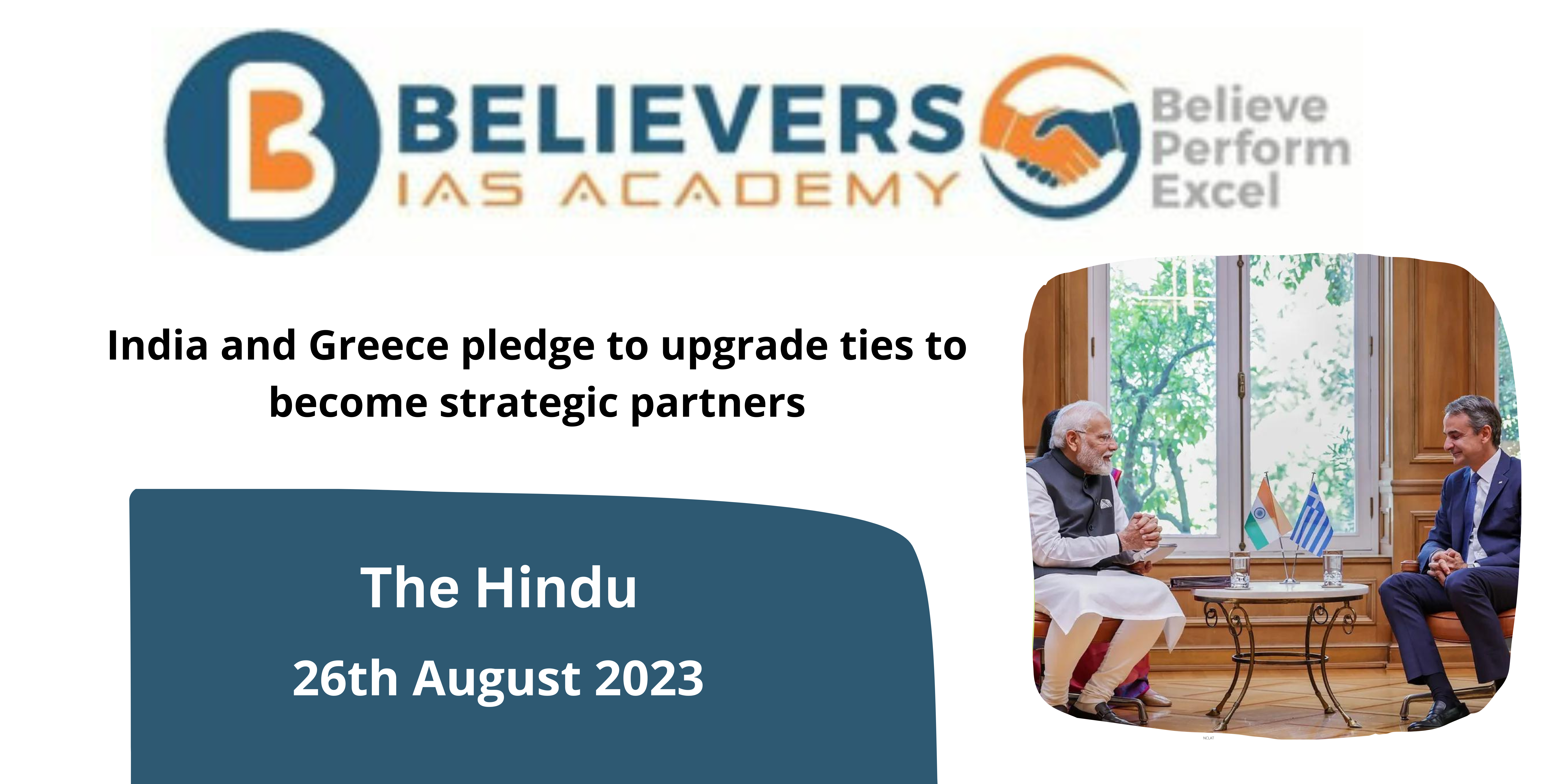Horizon For India Beyond The G-20
Context:
We should not be blinded by India’s year-long G-20 presidency or its leadership of the Shanghai Cooperation Organization (SCO) to the ongoing challenges the country faces as a result of a confluence of events. Therefore, it needs to lower the lofty hopes that leading the two summits will bring it a big windfall.
Points to Ponder:
- Although India currently holds the G-20 and SCO leadership, it must not lose sight of the ongoing problems the country continues to face.
- With India in charge of the two summits, high hopes for a lucrative payoff must be scaled back because world peace is a long way off.
- Climate change, clean energy, sustainable development initiatives, and international institution reform were among India’s priorities; but, given the current state of the world, these issues are likely to receive less attention.
- The G-20 looks to be losing ground in the modern world, while the SCO seems to be gaining some ground.
- During its presidency of the two organizations, India may be required to strike a balance between the competing demands of the G-20 and the SCO, and even more so between those of the Global South.
- Due to the mistrust between the two camps, which are respectively led by China and Russia and the United States, the globe is dangerously close to a world war.
- The United States and its allies are giving Ukraine the most cutting-edge weapons now on the market, and Russia is also covertly receiving supplies from its allies, including China.
- A single error might trigger Armageddon as the two sides set themselves up to show which arsenal of contemporary weapons is superior.
- India’s problems start with how to handle an out-of-control China that is presently waging a major diplomatic and strategic offensive throughout Asia, particularly West Asia.
- China wants to deepen its rift with India by focusing on the latter’s rapprochement with the West, its membership in the Quad, and its involvement in maritime security drills with the US, Japan, and Australia.
India’s Neighborhood Peace Strategies
- India should keep up its diplomatic dialogue and dialogues with its neighbors to settle any problems and disagreements. It is important to undertake bilateral and international discussions to resolve problems and foster confidence.
- India should concentrate on strengthening its economic ties with its neighbors. The likelihood of conflict can be decreased and stability can rise as a result of economic interconnectedness. Investments and trade agreements can improve ties.
- Fostering cultural and educational exchanges, travel, and sports can enhance interpersonal relationships and lessen prejudice and mistrust.
- To handle any potential conflicts, India should put in place efficient conflict resolution systems. These processes ought to be open and unbiased.
- India should keep a strong defensive stance and be ready to protect itself from any threats from the outside world. However, resorting to military force should never be the first option.
- India ought to cooperate to create a solid regional framework for security and cooperation. This may entail forging stronger relationships with regional associations like the Indian Ocean Rim Association (IORA), the Bay of Bengal Initiative for Multi-Sectoral Technical and Economic Cooperation (BIMSTEC), and the South Asian Association for Regional Cooperation (SAARC).
Similar Topics
SCO Ministers To Discuss Economic Ties





